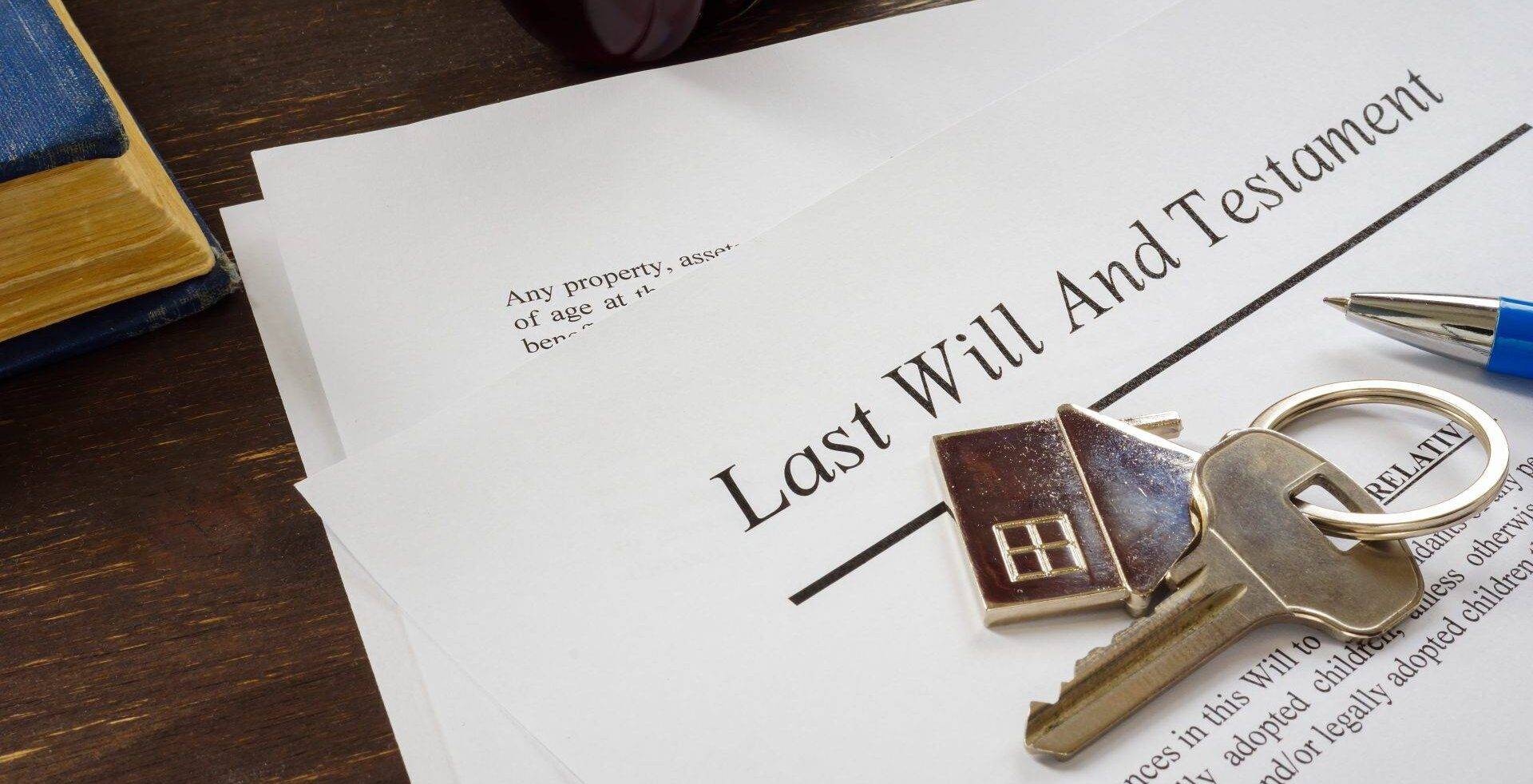On making a Will, the testator will name who is to administer their estate, being the executor(s). A testator is able to appoint one or a number of executors, with a maximum of four executors being able to be formally appointed on death.
It is most common for professional executors to be appointed when the estate is fairly substantial or if it is anticipated that there might be a dispute as to the terms of the Will. Many testators do appoint lay individuals, such as family and friends, and they will have the same obligations as a professional executor in administrating the estate.
Appointing more than one executor is often advised, save for when appointing a professional body, as in the event one executor is unable to act it is hoped the second will be able to. Having more than one executor may lead to disagreements over the estate’s administration. In the event of a disagreement that cannot be resolved between the co-executors, the executors may be able to proceed in one of a number of ways:
- One or more could renounce their role;
- They can jointly agree to appoint another administrator, most likely a professional, in place of them all;
- They can seek directions from the Court as to how best to proceed when there is an impasse; or
- If circumstances permit, it may be possible to apply for a problematic executor to be removed. A Court application will be required to remove a co-executor and our previous blog covers the process and various routes.
In estate litigation, the costs involved in going to Court can often be recovered. They can come from the estate itself in certain circumstances, such as when the Will is ambiguous or the testator’s own action/inaction has caused the litigation. However, in a stand-off between executors where one or more is deemed to be at fault, the general rule is that the losing party shall pay the winning party’s legal costs in accordance with part 44 of the Civil Procedure Rules 1998.
Re Estate of Fullard
Case background
The recent case of Re Estate of Fullard revolved around cost recovery in such an application and involved the Claimant making an application for the removal of his Co-Executors and for the Co-Executors to be personally liable for the legal costs involved in doing so.
At around the time of issuing the claim, it was largely agreed that all parties would stand down in favour of an independent administrator and as such, the main issue in the claim did not need to be resolved at trial. However, the Claimant was not prepared to agree to the Defendants recovering their legal costs from the estate, and the Claimant wanted the Defendants to meet his legal fees in bringing the action. The Defendants contested the claim entirely and did not accept that their conduct was a barrier to the estate being administered. Offers were made by either side revolving around the recovery of the Claimant’s costs but the parties were unable to reach an agreement prior to trial.
In considering the issue of costs, the Judge noted the Defendants had challenged the entirety of the claim as opposed to simply contesting the application for costs. Whilst an offer was made for the Claimant to recover his costs from the estate this was not accepted as the Claimant was the residuary beneficiary, alongside one other, which meant ultimately he would be responsible for his own costs.
The Judge, therefore, concluded the Claimant was the successful party, as agreed by the Defendants, and in applying his discretion under CPR 44 the Judge held the Defendants shall be personally responsible for 90% of the Claimant’s costs to be assessed on the indemnity basis. This meant that the starting point would be for the Claimant to be awarded all costs and the Defendant would have to argue the figure down. The reason for the 10% shortfall was due to the Claimant’s “scattergun” approach, whereby the claim was issued for the Defendants’ removal on a total of seven grounds, most of which could not be determined. The Claimant’s remaining 10% could be recovered from the estate. The Defendants also had no right to recover their costs from the estate.
Comment
This case demonstrates that the Judge has wide discretion to make costs orders according to the facts of each case and stresses the importance of putting forward sensible offers when negotiating. The defendants, in this case, were penalised for defending a claim when the outcome was largely agreed (and somewhat inevitable) and in contesting the claim they incurred further costs which could have been avoided. It was noted that a more sensible approach would have been for the Defendants to concede the claim, save for costs, and allow the matter of costs to be determined at an earlier hearing.
How can we help?
Stuart Parris is an Associate in our expert Dispute Resolution team.
If you require any advice concerning the subjects discussed in this article, please do not hesitate to contact Stuart or another member of the team in Derby, Leicester, or Nottingham on 0800 024 1976 or via our online enquiry form.
Please call 0800 024 1976 or contact us via our online enquiry form.
Contact us
If this article relates to a specific case/cases, please note that the facts of this case/cases are correct at the time of writing.


